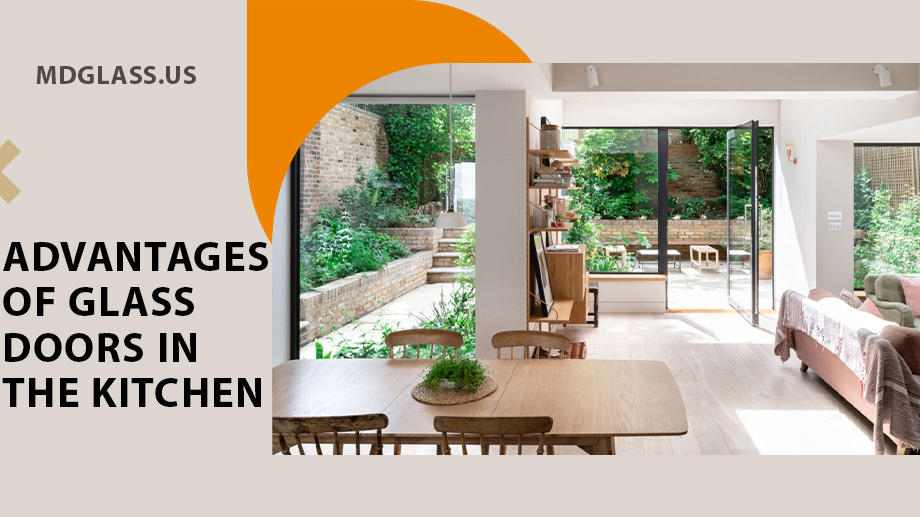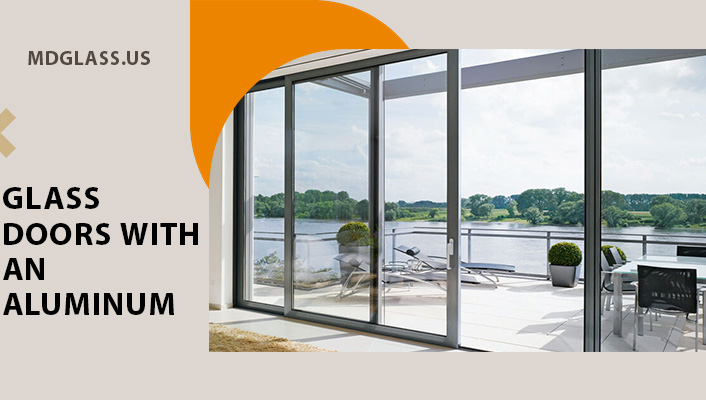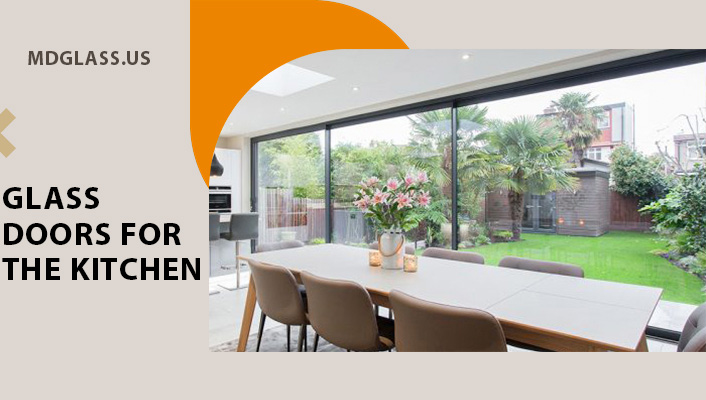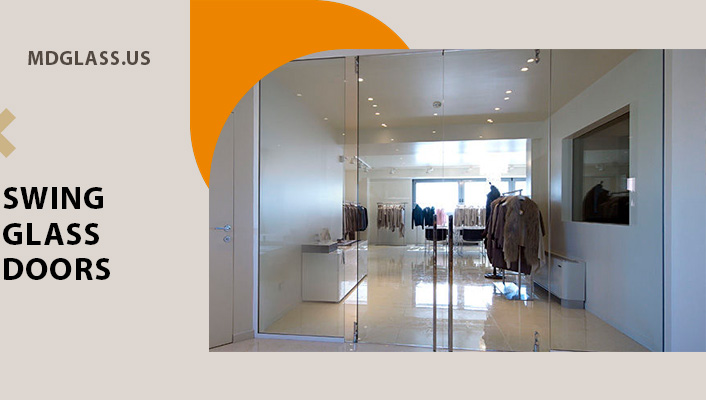Insulating glass is ideally suited as shop window glazing. This glass represents a complex and functional glazing unit that is fixed by an edge bond and does not require any further frame constructions. The following types of glass are used for this in glass construction:
Float glasses
partially toughened glass
Toughened safety glass
Insulating glass has both sound insulation and the best thermal insulation and is also suitable as sun protection.
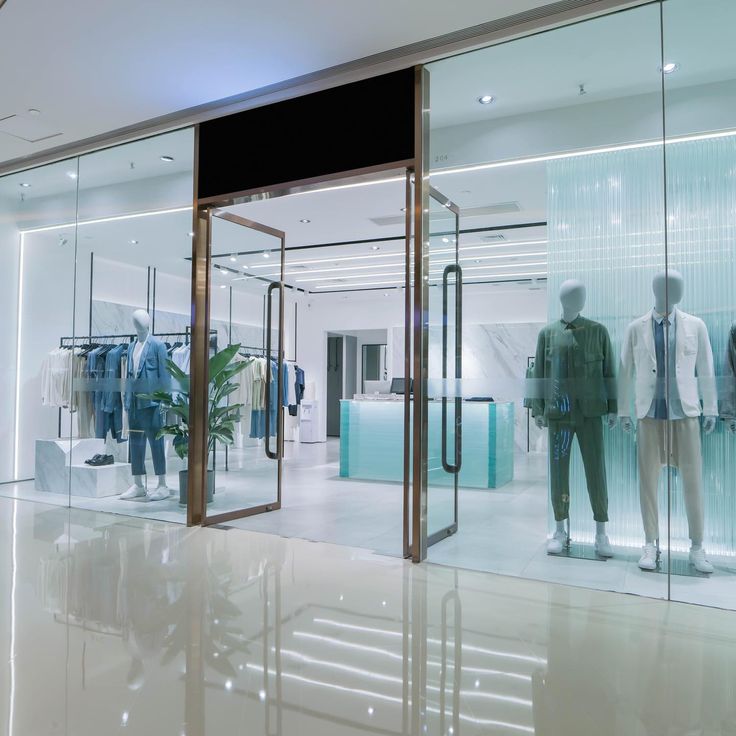
Layers of precious metals or metal oxide applied to the panes prevent UV rays from heating up the interior of the room. In return, the heat exchange via the glass surface is prevented by special glass connections.
Films made of PVB in laminated safety glass also have a positive effect on thermal insulation, which makes insulating glass a good solution for glazing.
Modern glazing with sun protection consists of a double or triple silver layer system. The reflective metal layers are usually composed of gold, silver or the like, as these materials have a high transmittance in the visible spectral range and an increased reflectivity in the infrared range.
In the summer as well as in the winter there is a pleasant room climate that is perfect for the requirements of these kind of glazing. Customers like to be in the sales room and the energy costs, which arise due to the loss of energy through normal flat glass, are reduced by glazing the shop windows made of insulating glass.
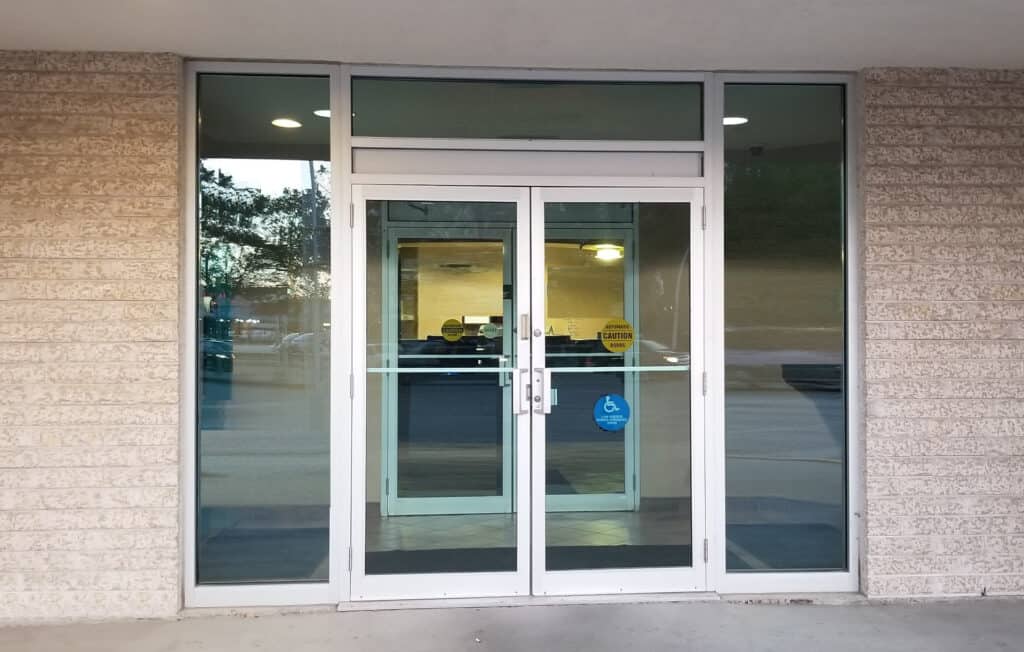
Avoid reflections with the glazing for the shop window
Large-format windows such as shop windows, but also glazed building facades and winter gardens, are provided with insulating glass with intelligent insulation. However, insulating glass from professional glaziers can do more than just save energy. In order to be able to enjoy the view inside, shop window glazing requires anti-reflective coating.
Anti-reflective glass with a reflection of less than 0.5% are considered to be non-reflective surfaces: there are no irritating reflections. Special optical interference coatings reduce reflections to a minimum. This coating can be applied to both sides of the shop window glazing. However, it is advisable to apply a so-called Low-E layer to one of the surfaces for sun or heat protection.

